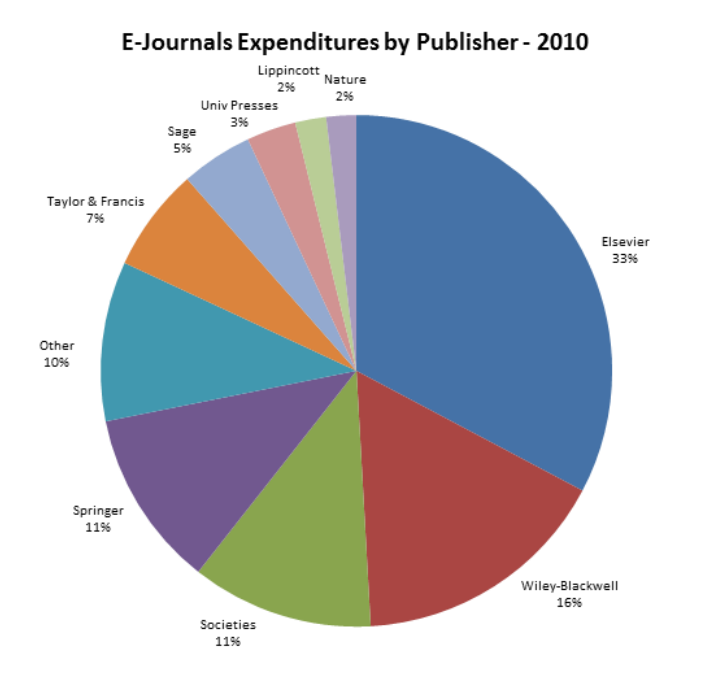University of Iowa Provost Barry Butler and ten other University Provosts from Big Ten institutions have issued a public statement opposing the Research Works Act and supporting taxpayer access to federally funded research results, such as that mandated by NIH.
“Because of our strong belief in open sharing of information, we were disturbed to see that recently introduced legislation (The Research Works Act, H.R. 3699) called for a rollback of the progress being made toward opening communication channels for sharing publicly funded research findings with the American people. Were this bill to pass, it would reverse a 2008 administrative mandate by the National Institutes of Health that grantees deposit the results of their funded research in a publicly accessible archive, and prohibit other agencies from issuing similar mandates going forward. We believe that this legislation would significantly undermine access to the new ideas that result from government-funded research, access that we encourage to the public at-large, to a worldwide network of leading scholars, and to future generations of scholars who are today’s undergraduate and graduate students. In our view, ratification of the proposed legislation would represent a step backward in the ongoing enlightenment of society through research and education”
The Provosts’ call for a “local agenda” on their respective campuses is especially encouraging for those long engaged with these issues:
“In addition to our concern about the impact external entities have in shaping the research and communication agenda of our universities, we are cognizant that senior campus administrators and faculty leaders could be working more effectively to ensure that their own campus policies are aligned with professed campus norms. Some examples of how we might do more to influence campus behaviors include:
- Encouraging faculty members to retain enough rights in their published intellectual property that they can share it with colleagues and students, deposit it in open access repositories, and repurpose it for future research.
- Ensuring that promotion and tenure review are flexible enough to recognize and reward new modes of communicating research outcomes.
- Ensuring that our own university presses and scholarly societies are creating models of scholarly publishing that unequivocally serve the research and educational goals of our universities, and/or the social goals of our communities.
- Encouraging libraries and faculty to work together to assess the value of purchased or licensed content, and the appropriate terms governing its use.”
Read more: http://www.insidehighered.com/views/2012/02/23/essay-open-access-scholarship#ixzz1nDbenvbl
Inside Higher Ed


